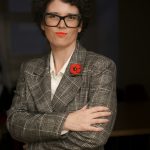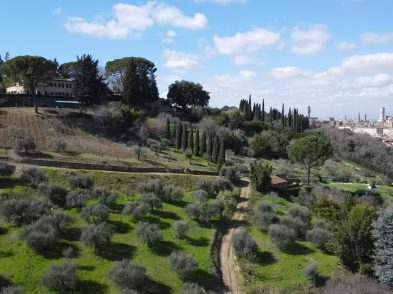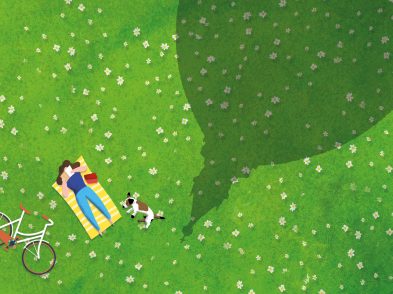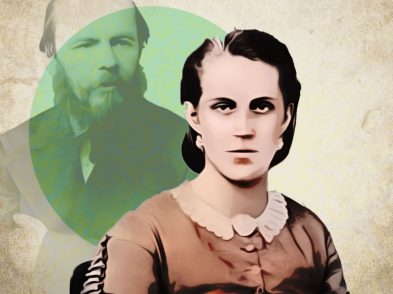A part-time resident of Florence, Joanna Margaret presented her debut novel, The Bequest, at The British Institute this summer. Partially set in Florence, the book follows a group of young scholars in Europe as they unravel a 500-year-old mystery with eerie repercussions in the present. Joyce Carol Oates has praised it as a “richly atmospheric and irresistibly readable debut novel, the harrowing saga of a young American woman historian who finds herself embroiled in a Machiavellian plot reaching back to 16th century Italy”. Joanna has a PhD in 16th-Century History from the University of St Andrews, Scotland.
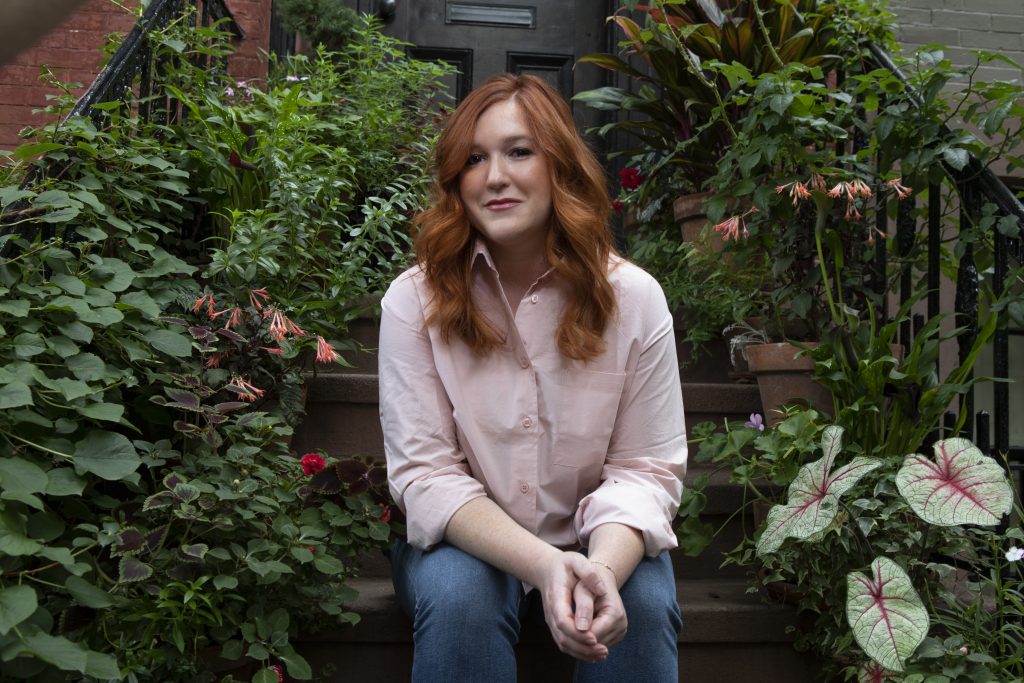
Is Joanna Margaret your real name?
Margaret is my middle name actually. I still do some academic work, so I’m using Joanna Margaret for the fiction world. It separates my two spheres, especially because I’m doing some dark academia in the fictional space.
The New York Times has named you as one of the leading authors in the new dark academia trend. Tell us about the genre.
When I was writing the book, I had no idea about the genre and now people read it and say, “Oh, you wrote this to fit in with that genre?” which wasn’t the case. I was having a conversation with my niece, who was 15 years old at the time, and she asked if my book was “dark or light academia”. I had no idea what she was talking about. I did a deep dive and found that it started as a social media aesthetic. A lot of young people on TikTok were making these videos that were in college campuses like Oxford or Cambridge. There were dark color pallets, fall foliage, and 1930s and ‘40s Oxford-style outfits. It was a fashion moment as well. On the flipside, there are a lot of dark academia books. The urtext is The Secret History by Donna Tartt, which is interesting because it came out in 1992, which is older than everyone making these videos. It involved a lot of humanities departments and college campuses with dark things going on behind the scenes and queer undertones in relationships. I wrote this book and it seemed to fit in with the genre. In a recent article, I traced it back to Dorothy Sayers and her book Gaudy Night. There’s plenty of mystery going on and now that time period is the fashion aesthetic, so she was really the pioneer. That was like the first dark academia text.
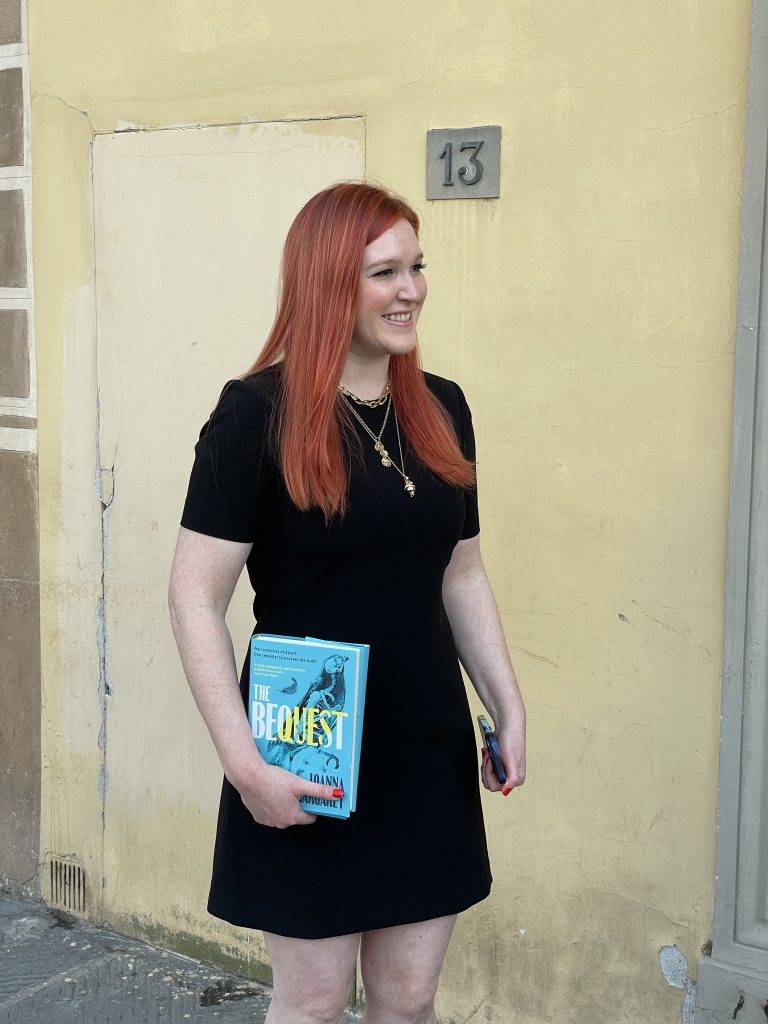
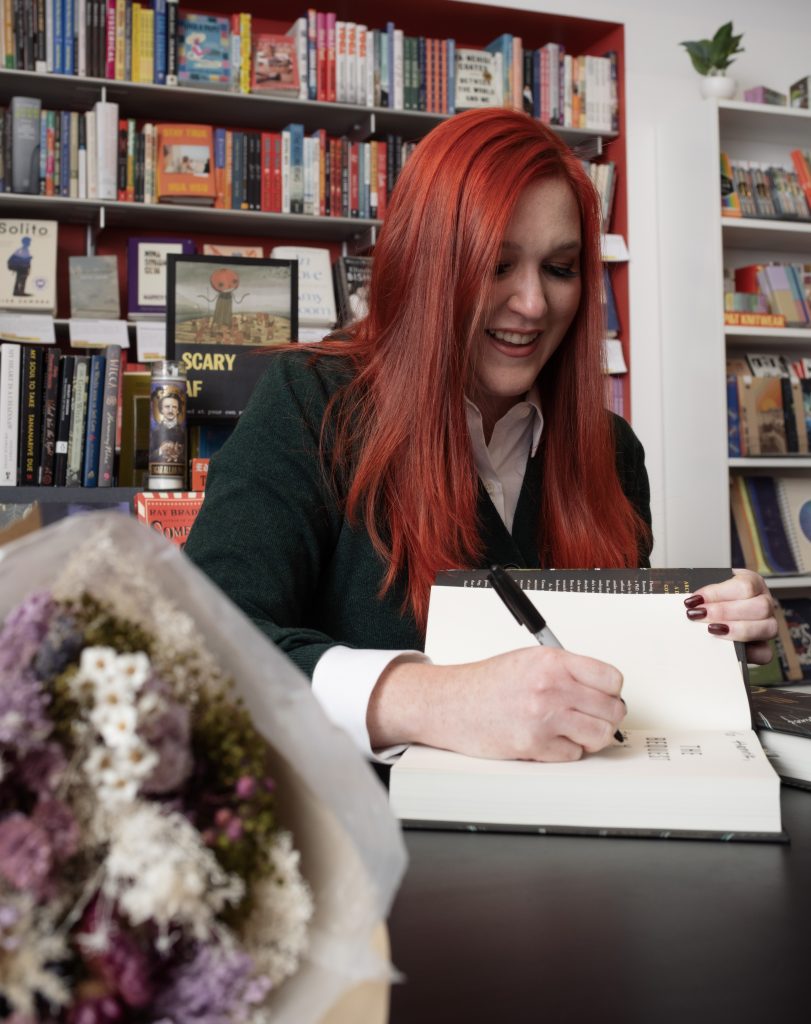
You’re an academic primarily. Is any of your writing drawn from your own academic background? How much of your experience as an academic has gone into The Bequest?
I was inspired by all of my experiences, working both here in Florence and in Paris. I was always interested in the characters and letters I was reading in the archives. I came up with the idea originally because I was doing work for a potential post-doc in Florence’s Archivio di Stato, where I happened upon this series of coded letters and a cipher key to decoding them. It was a personal code of a French noblewoman in the seventeenth century. It was fascinating having all of these very loaded words, like “betrayal” and “treason”, and then all of the different numbers for different meanings. That sparked my interest in what kind of information people would have wanted to keep secret back then, along with this idea of passing along information or secrets across different generations. Then I was drawn to this idea of a mystery from the past that scholars in the present couldn’t solve.
Kirkus Reviews compared your writing with Dan Brown. (“This one will appeal to lovers of Dan Brown and Elizabeth Kostova and other mysteries of old documents and historical figures.”) How do you feel about that comparison?
Dan Brown is certainly one of the most successful novelists. One thing that I learned from him is that you have to hook people immediately. The beginnings of all of his books start on a cliffhanger and they’re real page turners. I’m writing a Dan Brown-esque story with a female narrator to bring it into the 21st century. I try to combine that page-turning quality with historical, more in-depth intrigue.
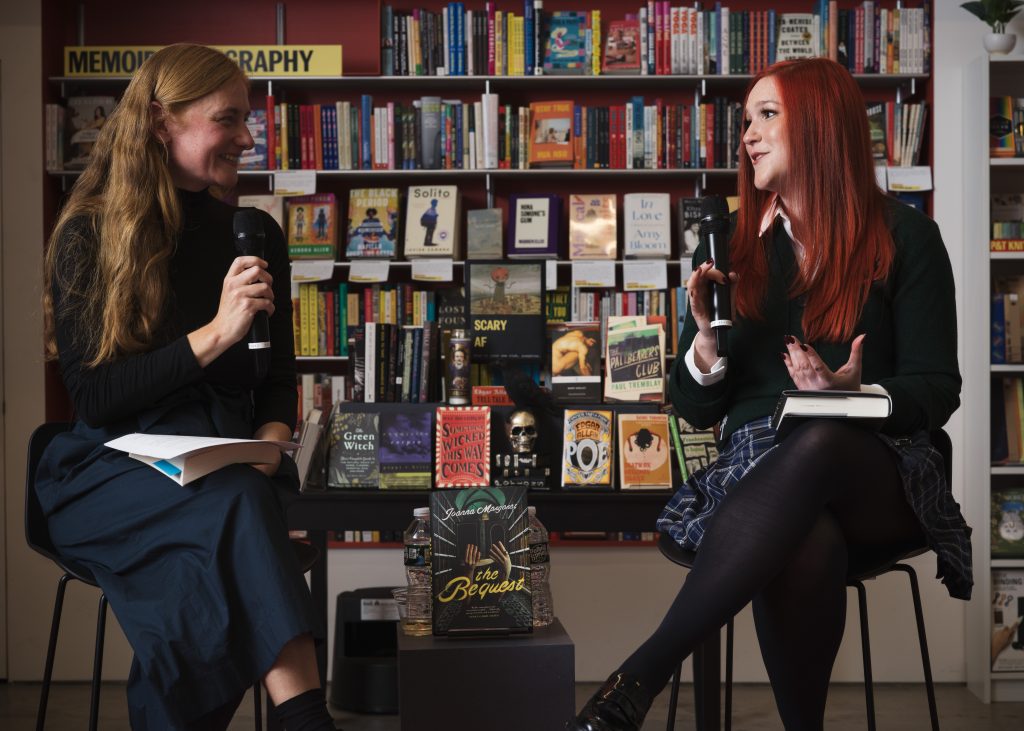
Beyond time spent in the Archivio di Stato, what’s your relationship with Florence?
I started studying Italian here when I was 15 at the Scuola Leonardo da Vinci. The students were international and not all of them spoke English, so we had to speak Italian to socialize. I travelled a lot. My mother often took me on her travels for work, so I visited all over Tuscany. When I was at Columbia University, I did their study abroad program in Scandiano in Emilia-Romagna. We performed a Renaissance play of Orlando Innamorato, where I played the part of Angelica, which fueled both my academia and Italian Renaissance studies. My husband and I met at the RSA in 2010 in Venice. At the time he was finishing his PhD, but he’s also a sculptor and he makes his whole production at a historic bronze foundry in Florence. I came here to do research for my own PhD and ended up staying here a bit longer. I started preparing for this post-doc, but ended up going in a different direction, which was a Creative Writing MFA.
How do you reconcile those two different styles of writing? The academic and creative?
They are very different. I had to train myself to write within the confines of the genre, so I was combining mystery, fiction and historical fiction. The voices in the historical letters are inspired by the voices that I was reading in the archives. As an academic, you want to put all of your cards out immediately. The challenge for the writer, and especially someone writing mysteries, is that you have to hold back. It’s about knowing when to withhold certain information from the reader and when to reveal it. The other thing is, as a historian you are drawn to the stories and storytelling. The nice thing about fiction is that you can let your imagination run wild and see what you can do with the characters. It was fun not being tethered to sources or not having to constantly prove my arguments, cite things and use footnotes. It was freeing.
What does the future hold: fiction or academia?
I have a foot in both worlds, which is why I’m continuing the fiction with Joanna Margaret, but I might still go back to the academic world at some point. I’m working on a new novel that is a bit similar but taking place in the US. The theme isn’t quite dark academia, but more dark academia adjacent.
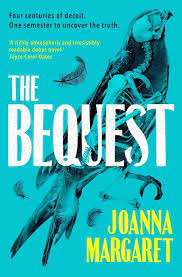
The Bequest by Joanna Margaret is available at the Paperback Exchange (via delle Oche 4) as well as from Amazon.com.

